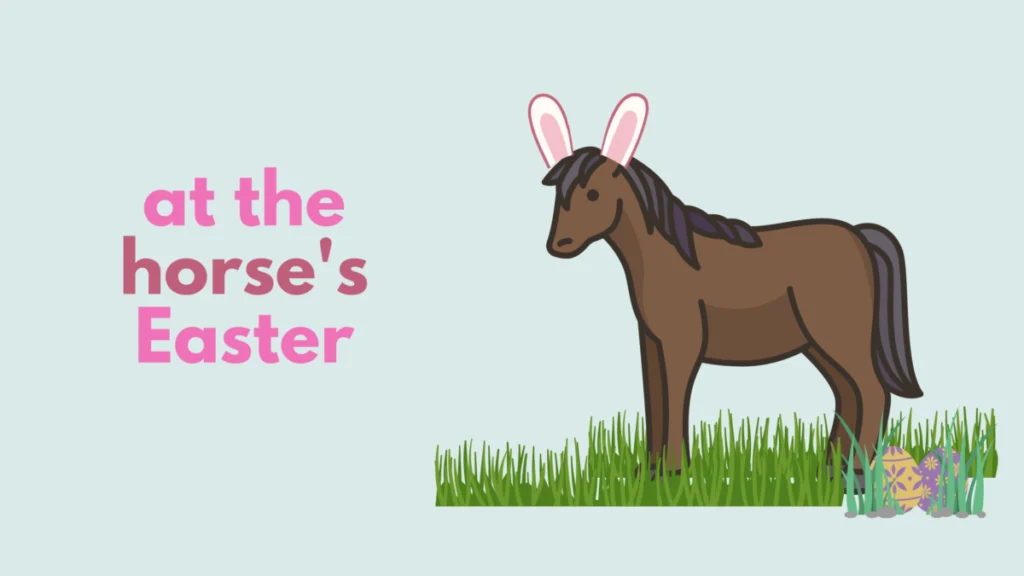Well, it’s official, spring has finally sprung for many people all around the world! For lots of us, that means longer nights, more sunshine, and flowers blooming wherever you look. So, we at the Foreign Language Collective thought that we’d take a look at some spring-themed expressions from around the world, to get you feeling happy and egg-cited for the changing of the seasons.
If you’ve got any fantastic untranslatable phrases from the languages that you speak, please feel free to add your contributions to Untranslatable, the first multilingual urban dictionary that’s full of different, interesting and unique phrases, with context! Click on the image below to add your entry today!

Chook
English | Australia
A short form of the word chicken, especially referring to a cooked chicken.
Now, we’re jumping straight into the Southern Hemisphere and visiting our friends from down under with this untranslatable word! Although spring in Australia describes the period from September to November, those who live in the Northern and Western Hemispheres know springtime to be associated with chicks, bunnies, lambs, and flowers. That’s why we’ve picked the word chook to kick off our spring-themed expressions from around the world!
De parcă s-a spânzurat cineva
(as if someone had been hanged)
Romanian | Moldova
This idiom is used to express surprise when the wind is blowing very hard, especially in autumn or spring.
Whilst the literal translation of this Romanian expression is quite dark, if you want to sound like a native speaker in Moldova, this is a great spring-themed expression to use. As it’s used super-frequently by pretty much everyone, you’ll blend right in with others and will be sure to impress with your cultural understanding of this phrase!
Als pasen en pinksteren op één dag vallen
(when Easter and Pentecost fall on the same day)
Dutch | Netherlands
Used to say that something will never happen.
As Easter is celebrated during spring, we couldn’t not include this as part of our spring-themed expressions! It’s a fantastic Dutch phrase that can be used in lots of different contexts, whether you’re telling a sibling that there’s no way on Earth that they will be able to borrow your sweater, or if you’re discussing something unrealistic in the news.
This is a fantastic cross-linguistic synonym for “als pasen en pinksteren op één dag vallen”, as they carry the same semantic meaning! It’s such a cute phrase, as it’s really hard not to imagine a horse completing a little Easter egg hunt with an Easter bonnet on its head, and a basket full of treats to eat!

If you’re looking for some more fantastic everyday Romanian idioms, be sure to take a look at this brilliant blog post we’ve written!
For many of us, rabbits are the absolute epitome of spring (think the Easter bunny, the Osterhase, or Peter Cottontail), unless you live over in Australia where you have the Easter bilby, because rabbits aren’t native to Australia. During spring, you can often see baby bunnies hopping around, and if you’re lucky, the Easter bunny may even bring you some treats!
That’s why we’ve selected this spring-themed expression, even though its meaning isn’t linked to spring or Easter at all. It’s a common idiom in French to express standing someone up, but relating it to spring-time might help to jog your memory!
Spring and Easter are both times for sweet treats. Whether you enjoy hot cross buns, chocolate, or samanu (for those who celebrate Nowruz – Persian New Year), using this German phrase is a fantastic way of describing what you like to eat! I, for one, am certainly a naschkatze!
Ехать зайцем
(to travel as a rabbit )
Russian | Russia
To go by bus/train without paying for a ticket.
Riding like a hare or a rabbit is how Russian people express fare dodging on public transport. This is a great spring-themed expression to remember, even though in Russia they don’t have the Easter bunny! We’d definitely recommend using this phrase in descriptions, but we certainly don’t condone fare dodging, or travelling as rabbits!
Planting flowers, vegetables, and herbs is a fantastic hobby to get involved in during spring. With the sun shining, and plenty of time for plants to grow ready for summer, it’s great to relax in the garden. Now, you absolutely can’t garden without water, of course! That’s where this fantastic Dutch word, tuinslang, comes in. What a cute phrase calling the garden hose a snake!
A little birdie told me
English | English speaking countries
This idiom is used playfully not to reveal the source of information about something. Usually, however, the source of the information is obvious. Sometimes rendered as ‘A little bird told me’
We know spring has arrived when we hear the birds chirping and watch them building their nests. To tell someone that you know something, but don’t want to disclose who provided the information, you can simply say “a little birdie told me”. This is a great spring-themed expression that creates some mystery and intrigue, and can be used in lots of informal situations.
Floare la ureche
(flower at the ear)
Romanian | Various countries
It means that something is very easy. Equivalent to the English “piece of cake”. Used in Romania and Moldova.
This is a beautiful phrase that simply screams spring with its floral imagery! When you want to tell someone that something is super easy to do, just tell them that you have a flower at the ear. It’s a gorgeous little phrase that is definitely worth giving a go if you’re ever in Romania or Moldova.

Continuing on with the theme of birth and new life that’s associated with spring, here’s a phrase from the United Kingdom. It’s a lovely euphemism for the different stages of life. It’s quite informal, so make sure you use it in a more informal context, but it’s simply lovely!
That’s our collection of eleven egg-cellent spring-themed expressions from around the world. We hope you’ve enjoyed them! To learn some more fantastic untranslatable phrases from different countries, be sure to keep an eye on the Untranslatable Facebook, Twitter, and Instagram pages!
